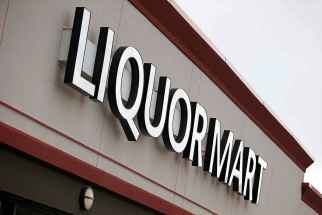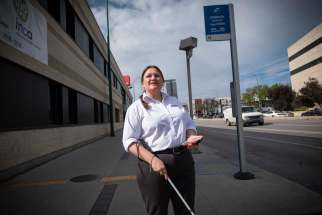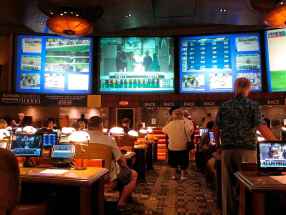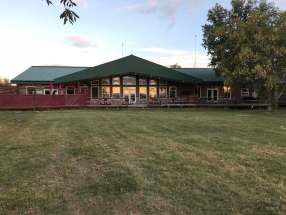Value of Manitoba Liquor Mart thefts below national average for retail outlets
Read this article for free:
or
Already have an account? Log in here »
To continue reading, please subscribe:
Monthly Digital Subscription
$0 for the first 4 weeks*
- Enjoy unlimited reading on winnipegfreepress.com
- Read the E-Edition, our digital replica newspaper
- Access News Break, our award-winning app
- Play interactive puzzles
*No charge for 4 weeks then price increases to the regular rate of $19.00 plus GST every four weeks. Offer available to new and qualified returning subscribers only. Cancel any time.
Monthly Digital Subscription
$4.75/week*
- Enjoy unlimited reading on winnipegfreepress.com
- Read the E-Edition, our digital replica newspaper
- Access News Break, our award-winning app
- Play interactive puzzles
*Billed as $19 plus GST every four weeks. Cancel any time.
To continue reading, please subscribe:
Add Free Press access to your Brandon Sun subscription for only an additional
$1 for the first 4 weeks*
*Your next subscription payment will increase by $1.00 and you will be charged $16.99 plus GST for four weeks. After four weeks, your payment will increase to $23.99 plus GST every four weeks.
Read unlimited articles for free today:
or
Already have an account? Log in here »
Hey there, time traveller!
This article was published 19/09/2018 (2642 days ago), so information in it may no longer be current.
The value of thefts from government-run liquor stores in Manitoba is higher than in neighbouring Saskatchewan, but well below the overall national retail average.
Manitoba Liquor & Lotteries Corporation has said it suffered thefts totalling $800,000 over the past 12 months, while total sales in government liquor outlets in the 2016-17 fiscal year stood at $407 million.
Meanwhile, the Saskatchewan Liquor and Gaming Authority reports it incurred $403,000 in thefts on sales of $280 million in its government-operated stores in its last fiscal year.
The Retail Council of Canada estimates the value of internal and external retail thefts in Canada at two per cent of sales. At that rate, MLL losses would be 10 times what the Crown corporation is reporting.
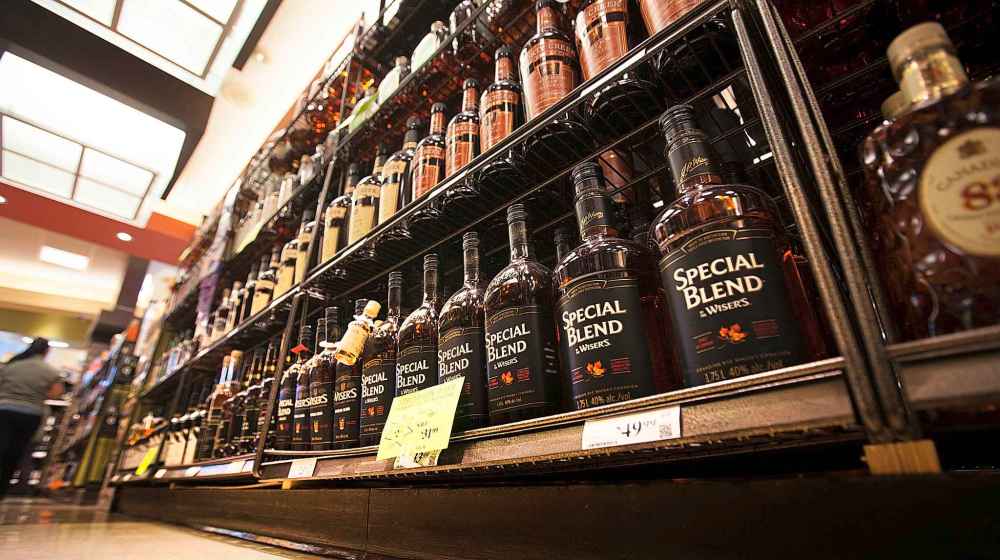
John Graham, director of government relations, Prairie region, for the Retail Council of Canada, says theft represents “a substantial cost” to retailers.
“It’s not something that retailers tend to want to talk about,” he said. “It’s something that people hold close to their chest for obvious reasons of not wanting to lay out their cards to those who want to come and steal from their stores.”
He said small, high-value products that are easy to sell — such as an expensive bottle of booze — “are certainly targets for shoplifting.”
Graham said theft levels vary between businesses, with some investing significantly in security systems to keep the risk down. Others invest in other aspects and accept shoplifting is part of the cost of doing business.
Winnipeg police say they’ve received nearly 1,300 reports of liquor thefts so far this year — or about five per day. Many of the incidents are reportedly brazen, with suspects grabbing bottles in full view of staff and leaving the store.
MLL has taken heat for its policy of “non-violent crisis intervention,” which allows security guards to try to dissuade alleged thieves from leaving a store with stolen goods, but does not allow them to attempt to physically stop a suspect.
A spokesman for the Liquor Control Board of Ontario said Ontario takes a similar approach.
“The LCBO’s goal is to create an environment that deters shop theft before it occurs,” he said. “However, when it does, our approach is to manage those situations in a way that puts the well-being of our staff and customers first. Employees are never advised to place themselves or others at risk by physically restraining shop theft suspects.”
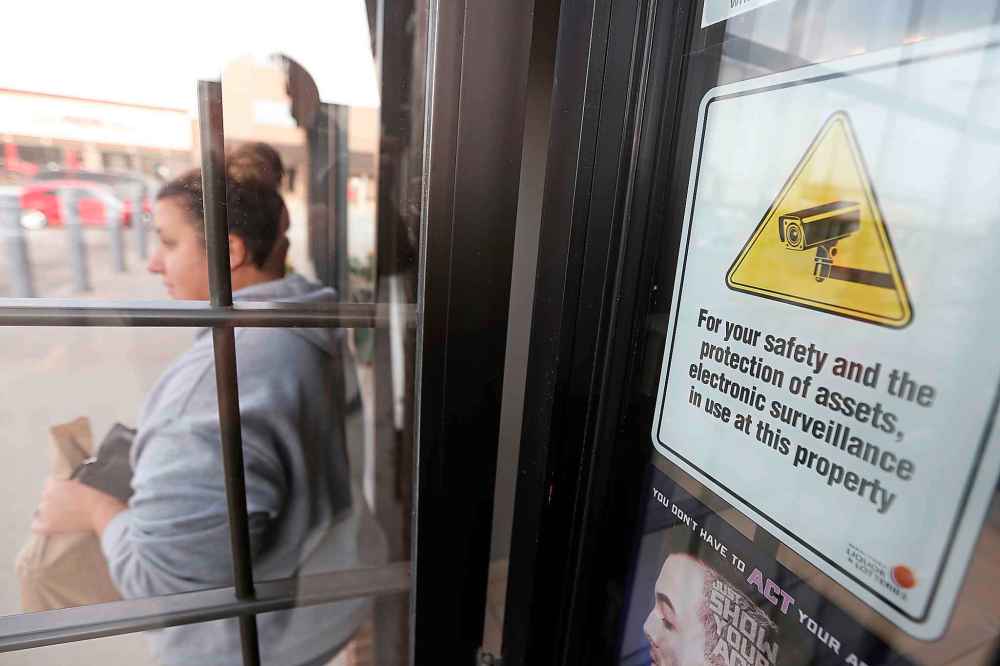
In the 2017-18 fiscal year, the LCBO reported shop theft at 0.048 per cent in retail sales from total revenue of $5.89 billion.
A couple of years ago, the LCBO began to install plastic bottle locks on some of its more expensive products in an effort to deter thieves. It was banking on the idea it would be more difficult for potential shoplifters to pop off or conceal a bottle with a noticeable plastic cap — much like clothing security tags — that would sound an alarm if it’s not removed by a cashier.
The LCBO said the bottle locks have been one of its more successful countermeasures.
A spokeswoman for the British Columbia Liquor Distribution Branch (LDB) said a number of its liquor stores have security, called “loss prevention officers,” on site. The contract workers are trained and certified in the use of “restraining techniques and restraints (handcuffs),” the spokeswoman said in an email.
“This training ensures they have the tools required to prevent harm to themselves or others while facilitating an arrest. They are licensed and, as such, governed by the B.C. Security Services Act,” she wrote.
“The LDB does not expect LPOs to put themselves at risk in the confrontation, apprehension or arrest of suspected thieves or in the recovery of stolen products.”
larry.kusch@freepress.mb.ca






